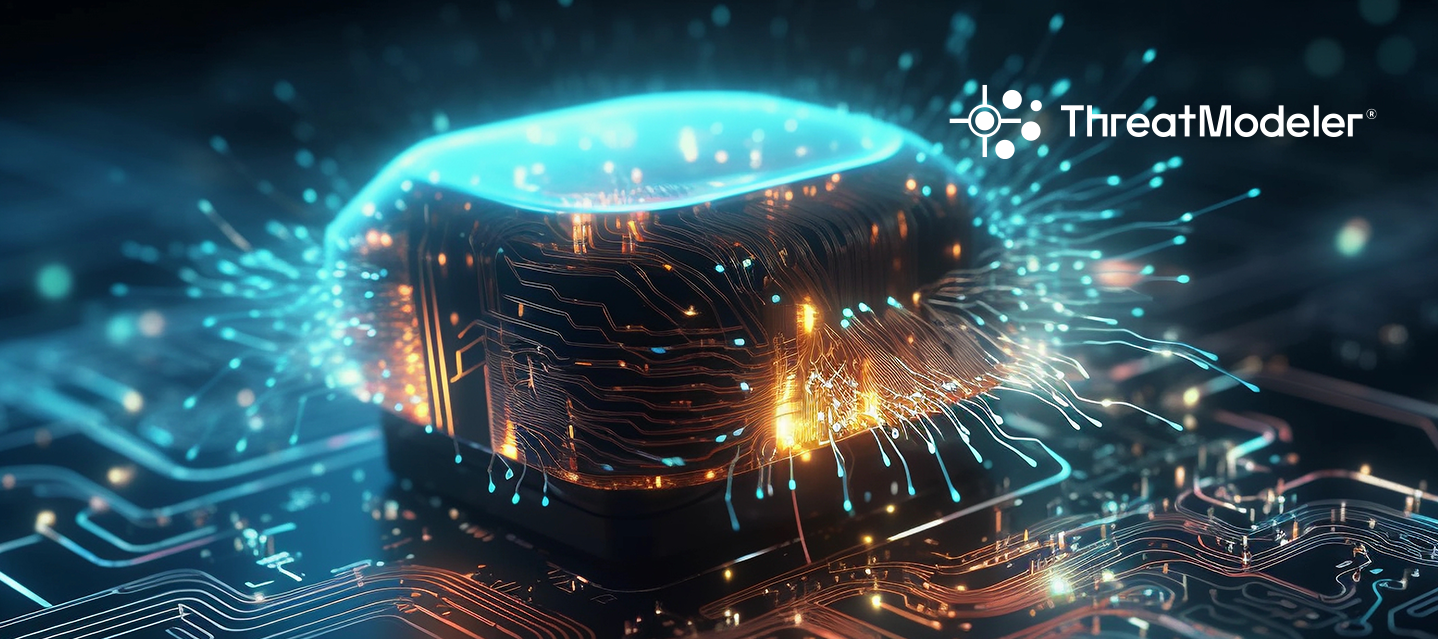In a world where technology evolves at breakneck speed, quantum computing is a game-changer, bringing both incredible promise and significant challenges. Imagine computers so powerful they can crack today's most secure encryption in mere moments and solve complex problems deemed unsolvable until now. This revolutionary advancement in computing promises to reshape our cyber terrain, and its impact on cybersecurity is a subject of intense scrutiny and speculation.
Understanding Quantum Computing:
To comprehend the implications of quantum computing on cybersecurity, it's crucial to grasp the fundamental differences between classical and quantum computers.
Classical computers use bits, which represent information as either 0 or 1. Quantum computers, on the other hand, employ quantum bits or qubits, which can exist in multiple states simultaneously, thanks to the principles of quantum superposition and entanglement. This enables quantum computers to perform complex calculations exponentially faster, potentially revolutionizing fields like cryptography, optimization, and scientific research.
The Threat of Quantum Computing to Cybersecurity:
Quantum computing's inherent power lies in its ability to perform certain complex calculations exponentially faster than classical computers. This speed advantage threatens the very foundations of contemporary encryption methods. Let us know discuss the potential threats that quantum computing may cause to cybersecurity:
Breaking Encryption: Quantum computers possess the potential to break widely used encryption algorithms, such as RSA and ECC (Elliptic Curve Cryptography), at speeds inconceivable for classical computers.
Quantum computers, using algorithms like Shor's algorithm, can efficiently factor large numbers, making them exceptionally proficient at decrypting data protected by these algorithms. This capability poses a significant threat to the confidentiality of sensitive information.
Hash Functions Vulnerability: Hash functions are cryptographic tools crucial for ensuring data integrity and securely storing passwords. They transform data into fixed-length strings of characters (hashes), making it challenging to reverse-engineer the original input from the hash.
Quantum computers, however, can use Grover's algorithm to search through hash functions much faster than classical computers.
This means that they can potentially find collisions (two different inputs producing the same hash) or reverse-engineer the original data from the hash more rapidly.
Secure Communications at Risk: Protocols like RSA and ECC are the cornerstone of secure communications on the internet. They enable secure connections between web browsers and servers, protecting sensitive data during online transactions, such as online banking or e-commerce purchases.
Quantum computers could render these protocols obsolete by decrypting intercepted data or impersonating trusted entities with stolen private keys. This would undermine the confidentiality and authenticity of data exchanged over the internet.
Quantum Computing: A Helping Hand
While quantum computing poses challenges, it also offers solutions to fortify cybersecurity in the quantum era:
Quantum-Safe Cryptography: Cryptographers are developing quantum-resistant algorithms designed to withstand attacks from quantum computers. These innovative algorithms are designed to maintain data security even in a world where quantum computing has become prevalent, ensuring the integrity of sensitive information and safeguarding against unauthorized access.
Quantum Key Distribution (QKD): Quantum technologies can be harnessed to create unbreakable encryption keys. Quantum Key Distribution (QKD) uses the intricate principles of quantum mechanics to establish communication channels that stand immune to eavesdropping. This cutting-edge technology ensures that encryption keys are generated and exchanged in a manner that remains invulnerable to interception.
Improved Security Protocols: Quantum computing can facilitate the development of advanced security protocols, enhancing authentication and authorization processes to protect against emerging threats.
Malware Detection and AI: Quantum computing can optimize machine learning algorithms used in malware detection, enabling quicker pattern recognition and analysis for identifying emerging threats.
Advanced Cryptanalysis: Quantum computing can do wonders in cryptanalysis. It excels at uncovering vulnerabilities in cryptographic systems more swiftly than classical computers, demanding the creation of quantum-resistant encryption techniques to thwart potential threats.
Bottom Line:
As quantum computing progresses, the interplay between its potential to breach cybersecurity and its capacity to enhance it remains a delicate balancing act. The cybersecurity landscape must adapt swiftly to mitigate the looming threats posed by quantum computers. At the same time, embracing quantum technologies in a secure and responsible manner is essential to get the full potential of this quantum leap in computing.
In this quantum era, a harmonious coexistence between quantum computing and cybersecurity is not only a challenge but an imperative. Striking the right balance will determine our ability to safeguard the digital world of tomorrow.



